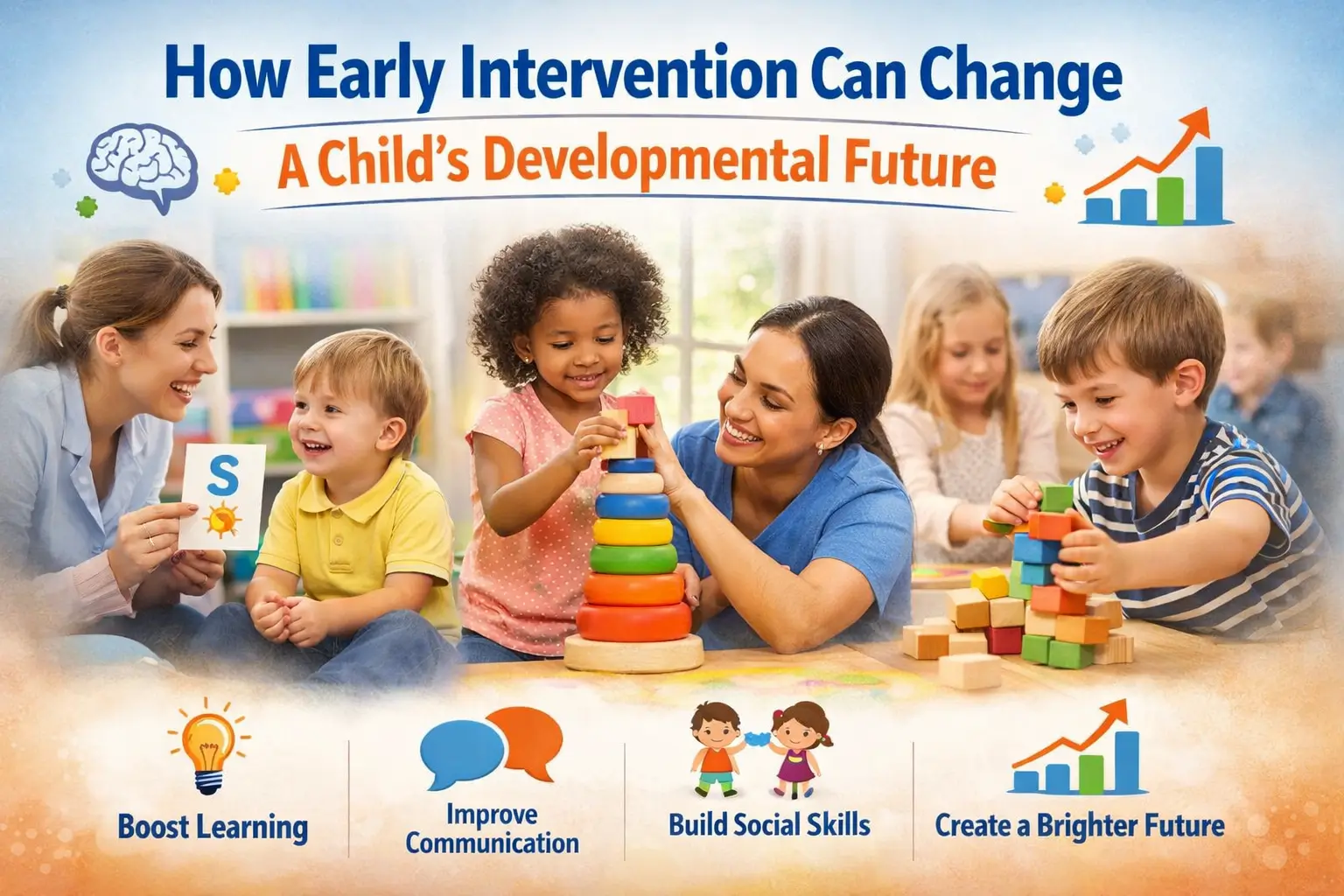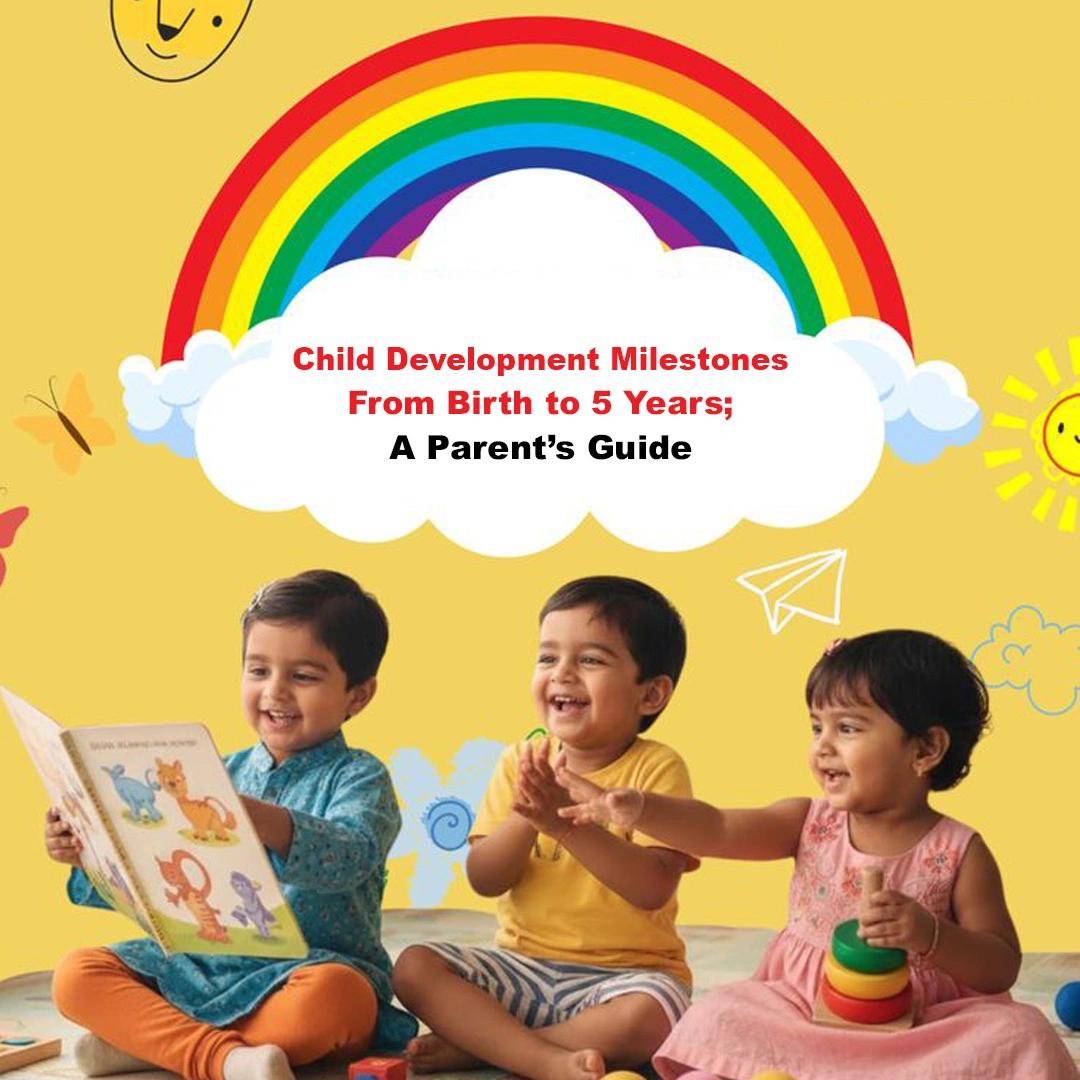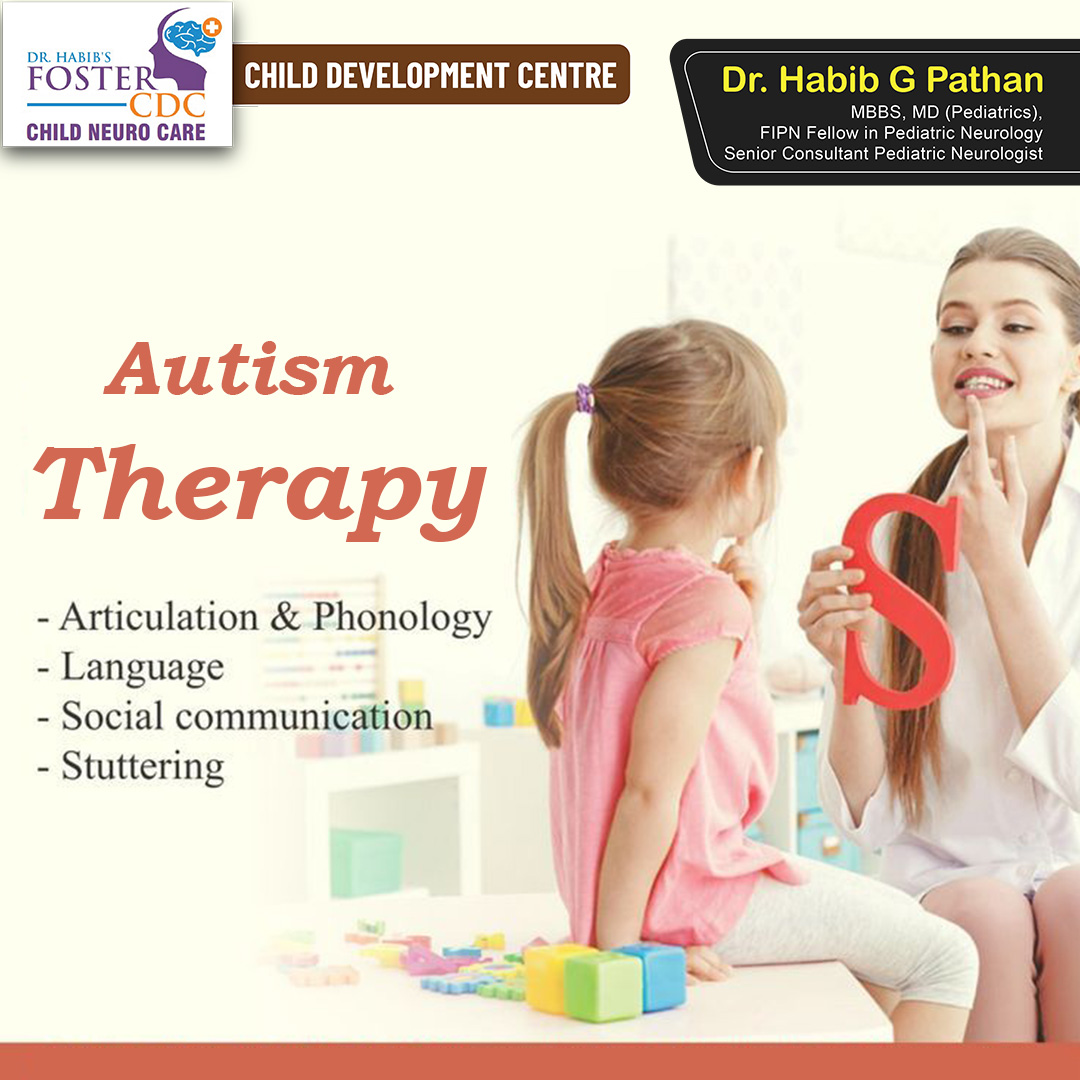
ADHD vs. Depression in Children: Understanding the Differences and Similarities
Attention
Deficit Hyperactivity Disorder (ADHD) and Depression are two common mental
health conditions that affect children. However, they are often misunderstood,
misdiagnosed, or even mistaken for each other due to overlapping symptoms.
Understanding the differences, similarities, causes, symptoms, and treatment
options for both conditions can help parents, educators, and caregivers provide
the right support.
ADHD vs Depression in children
Understanding ADHD in Children
ADHD
is a neurodevelopmental disorder that affects a child's ability to focus,
control impulses, and regulate energy levels. It is often diagnosed in early
childhood and can persist into adolescence and adulthood.
Symptoms of ADHD:
- Inattention:
Difficulty staying focused, easily distracted, trouble organizing tasks.
- Hyperactivity:
Constant movement, fidgeting, inability to stay seated.
- Impulsivity: Acting
without thinking, interrupting others, difficulty waiting for turns.
Causes of ADHD:
- Genetic factors
(family history of ADHD)
- Brain structure and
function differences
- Environmental
factors (exposure to toxins, premature birth, low birth weight)
Diagnosis and Treatment:
Diagnosing
ADHD requires behavioral assessments and sometimes input from teachers,
parents, and clinicians. Treatments include:
- Behavioral therapy
- Medications such as
stimulants (e.g., Ritalin, Adderall)
- Lifestyle
modifications (structured routines, healthy diet, physical activity)
Understanding Depression in Children
Depression
is a mood disorder characterized by persistent sadness, loss of interest in
activities, and changes in behavior. Unlike ADHD, which primarily affects
attention and impulse control, depression affects emotions and overall mood.
Symptoms of Depression:
- Persistent sadness
or hopelessness
- Withdrawal from
friends and family
- Changes in eating
and sleeping patterns
- Fatigue or lack of
energy
- Difficulty
concentrating
- Thoughts of
self-harm or suicide (in severe cases)
Causes of Depression:
- Genetic
predisposition
- Environmental
stressors (family conflict, bullying, trauma)
- Chemical imbalances
in the brain
Diagnosis and Treatment:
A
mental health professional diagnoses depression based on symptoms and medical
history. Treatments include:
- Psychotherapy
(Cognitive Behavioral Therapy - CBT)
- Medication (such as
antidepressants, in severe cases)
- Lifestyle changes
(regular exercise, social support, stress management)
ADHD vs. Depression in children: Key Differences
While
some symptoms of ADHD and depression overlap, key differences can help
distinguish the two conditions:
|
Factor |
ADHD |
Depression |
|
Attention
Issues |
Yes,
due to distractibility |
Yes,
due to lack of motivation |
|
Mood
Swings |
Sometimes,
but usually short-lived |
Persistent
low mood |
|
Energy
Levels |
Hyperactive
or restless |
Fatigue
and low energy |
|
Interest
in Activities |
May
struggle with focus but still enjoys activities |
Loss
of interest in once-enjoyed activities |
|
Impulsivity |
Yes,
common |
Not
typical |
|
Sleep
Patterns |
Difficulty
falling asleep, restless sleep |
Sleeping
too much or too little |
Can a Child Have Both ADHD and Depression?
Yes,
children can have both conditions simultaneously, known as comorbid ADHD and
depression. This can make diagnosis and treatment more complex, as ADHD
symptoms may mask depression or vice versa.
When to Seek Help
If
a child shows persistent symptoms of either ADHD or depression that interfere
with daily life, academic performance, or social interactions, seeking
professional help is crucial. Early intervention can improve long-term
outcomes.
Bottom Line
Understanding
the differences and similarities between ADHD and depression in children is
essential for early recognition and treatment. While ADHD affects attention and
impulse control, depression impacts mood and emotions. Proper diagnosis by a
mental health professional can ensure the right treatment approach, helping
children lead healthy and fulfilling lives.









